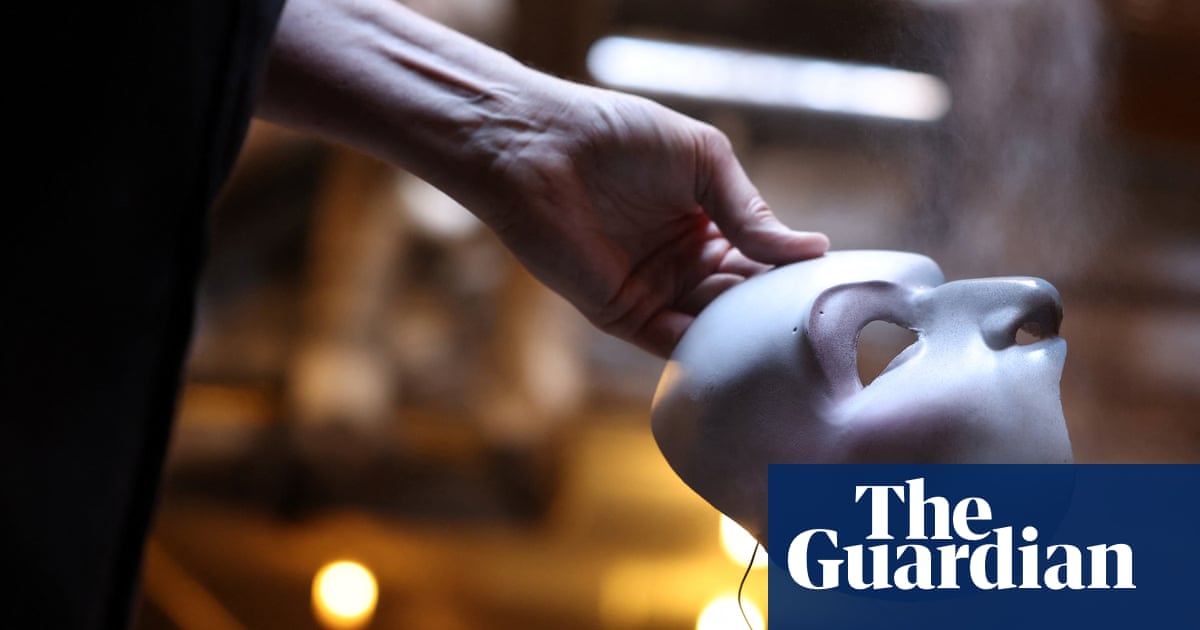
Last March this column argued that an epidemic of fear was travelling fast around the world on the coat-tails of Covid-19 and that the events of 2020 might well provide an additional chapter to Charles Mackay’s “Extraordinary Popular Delusions and the Madness of Crowds”. The intervening months have reinforced that view. The pandemic hasn’t just provoked irrational fears; a great speculative bubble has also appeared. Errors of optimism are now conjoined with errors of pessimism.
Mackay’s 1841 work has been brilliantly updated for the 21st century by the investment writer William Bernstein, whose “The Delusions of Crowds: Why People Go Mad in Groups” is published in February. Bernstein suggests that bubbles are characterised by extreme predictions, tend to dominate conversations and induce people to leave their jobs. The warnings of bubble sceptics are invariably met with scorn and derision, says Bernstein.
All these bubble traits have been evident in recent months. Back in March, the epidemiologists of Imperial College forecast half a million people in the United Kingdom and more than 2 million people in the United States would die from Covid-19. We can’t gauge the accuracy of this prediction since the warning led immediately to national lockdowns, which forced people to leave their jobs – Bernstein’s third bubble condition. Since March, the pandemic has dominated conversation.
Manias are driven by imitation, a trait hard-wired into the human brain. Most people are strongly conformist, and this tendency becomes more pronounced at moments of heightened uncertainty. Thus, it comes as no surprise that many governments’ responses to the pandemic should have been driven not by “the science” as the politicians claimed, but by the actions of neighbouring countries.
“Mimicry is a common response among decision makers,” suggest researchers at the National Academy of Sciences, “when the effect of an action is uncertain; adopting with others may shelter decision makers from looking ‘the laggard.’” John Maynard Keynes’s comment that “it is better for reputation to fail conventionally than succeed unconventionally” applies as much to modern politicians as to professional investors. Time will tell whether policy responses were appropriate. Nevertheless, it’s clear that popular perceptions of coronavirus risk have been poorly calibrated.
According to the Brookings Institution, polls overstate the share of Covid-19 deaths among younger people (those aged under 25) by 800-fold. The public also appear to believe that many more coronavirus cases end up in hospital than is the case. Virus deaths as a share of the population are similarly skewed in the public mind. An August UK poll found that respondents believed that some 6%-7% of the British population had already died from the coronavirus, roughly 100 times greater than actual fatalities. Psychologists ascribe the exaggerated fears unleashed by the pandemic to “salience bias” and “emotional innumeracy”.
During manias people have trouble absorbing information that doesn’t fit with their prior beliefs. Dissonant facts are suppressed. Non-believers or sceptics are savaged. Scientists who challenged the consensus beliefs on Covid-19 have been pilloried. After epidemiologist John Ioannidis of Stanford disputed Imperial’s doom-laden forecast, his financial motives were questioned and a rumour circulated on the internet that his aged mother had died of Covid. Likewise, the Nobel laureate biophysicist Michael Levitt was disinvited from an academic conference for expressing a non-consensus view on coronavirus risk.
As the public health world became consumed with anxiety, Wall Street put out the party lights. During the South Sea bubble 300 years ago, hundreds of flaky promotions were floated in London – the most famous being “a company for carrying on an undertaking of great advantage, but nobody to know what it is.” Last year, similar blank-cheque companies proliferated on Wall Street as a record number of special purpose acquisition vehicles came to the market. Mackay’s comment that the bubble companies of 1720 were “set on foot and promoted by crafty knaves, then pursued by multitudes of covetous fools, and at last appeared to be, in effect, what their vulgar appellation denoted them to be – bubbles and mere cheats” applies as well to 2020’s SPAC mania.
“When the rest of the world is mad, we must imitate them in some manner,” declared a jubilant speculator in 1720. Imitation has been so rife in the latest financial bubble that the speculators’ favourite plays are known as “meme stocks”, named after the term for internet fads. Meme stocks, such as the electric truck company Nikola, are touted on WallStreetBets, a subreddit community of traders. Speculators swarm at the discount brokerage Robinhood, where they leverage their bets with options. Disbelievers in bitcoin or Tesla, whose prices rose respectively by more than 300% and 750% last year, are treated as rudely as Covid “deniers”.
“This time is different” is the clarion call that goes up during every mania as traditional valuation measures are deemed outdated. In this respect, 2020 was no different. Professor Robert Shiller, the Yale economist who famously declared the 1990s stock market to be irrationally exuberant, recently pronounced that the level of the stock market, which by all measures is more expensive than in 1929 and by some measures more expensive than in 1999-2000, was justified by unprecedentedly low interest rates. Equally unprecedented was the disparity between the exuberance on Wall Street and dismal reality of a virus-riddled economy.
In “Extraordinary Popular Delusions” Mackay described an outbreak of the plague in Milan in 1630. In their distress, the Milanese were drawn to the predictions of astrologers and other imposters. Prophecies which took away hope of recovery increased threefold the ravages of the disease, according to Mackay. A barber-surgeon accused of being in league with the devil was tortured and executed. This “epidemic frenzy,” he wrote, “seemed as contagious as the plague. Imagination was as disordered as the body.” Last year’s epidemics of greed and fear should be extinguished over the coming months. Or maybe not. As Mackay wrote, “men, it has been well said, think in herds; it will be seen that they go mad in herds, while they only recover their senses more slowly, and one by one.”











